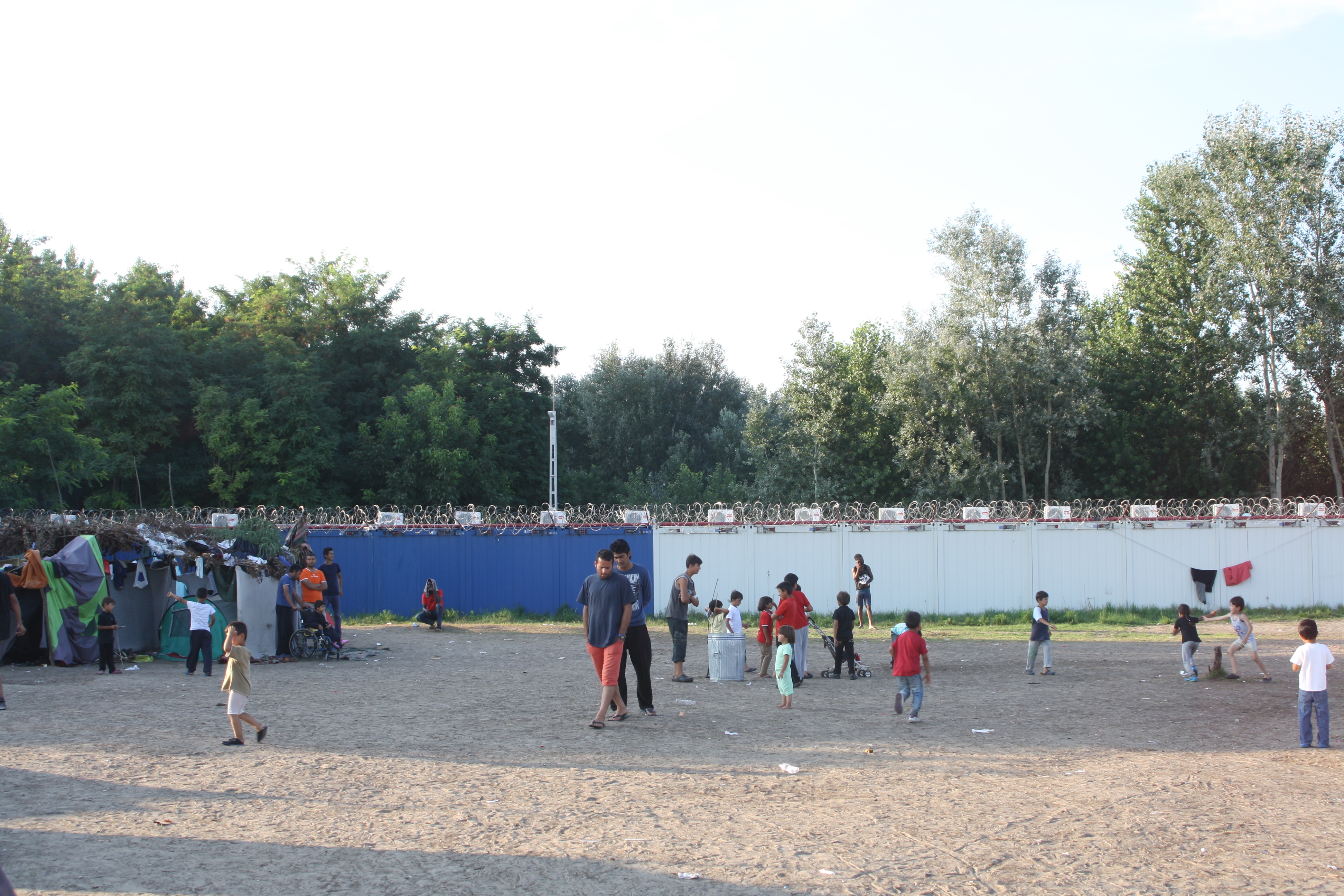The arrests of members of the Polish minority that took place on March 25 are not unprecedented in Belarus. On the other hand, the charges brought – “incitement to hatred” and “rehabilitation of Nazism”, which can carry 12 years’ imprisonment – reflect a clear increase in the repression exercised by Alexander Lukashenko’s regime against the Union of Poles in Belarus (ZPB, for Związek Polaków na Białorusi), which was already the subject of a wave of repressions in 2005. The ZPB reported on March 25 that journalist Andrzej Poczobut, Maria Tiszkowska, chairwoman of the ZPB branch in Vawkavysk, and Irena Biernacka, also a ZPB activist, had been arrested. Offices of Polish media in Hrodna (Grodno in Polish) were searched and computer equipment confiscated. The Polish school in Lida was also searched by the authorities, and it was later reported that teacher Anna Paniszewa was arrested on her way home from Poland. Two days before, ZPB chairwoman Andżelika Borys had herself been arrested.
On Thursday, March 25, the Belarusian opposition commemorated Freedom Day. This date marks the anniversary of the proclamation in 1918 of the short-lived Belarusian People’s Republic, when Belarus became an independent state for the first time in its history, before being invaded by Soviet Russia and later partitioned between it and the reborn Poland. This March 25 holiday is not recognized by the authorities, and all requests for authorization for commemorations or demonstrations had been rejected. Lukashenko’s warnings about the authorities’ willingness to oppose the “enemy within” and the repressions that have been going on for several months seem to have borne fruit: there were no mass demonstrations on March 25 or the weekend that followed, but this did not prevent the authorities from arresting several hundred people, most of whom were quickly released or sentenced to a fortnight in jail. This is a far cry from the larger demonstrations of the summer, when the opposition accused this Soviet-style president, who has been in office since his victory in the second round of the 1994 presidential elections (the last time a second round was necessary), of electoral fraud after the announcement of his victory in the first round by 80% of the vote against his main rival, Svetlana Tikhanovskaya, who was given 10% of the vote. Tikhanovskaya’s husband had been arrested in May, and she fled to Lithuania with their children after the August 9 presidential election. Since then, she has been calling for fresh elections.
Since the beginning of the protest movement, neighboring Poland, together with Lithuania, has been at the forefront of support for the Belarusian opposition and calls for the adoption of sanctions by the European Union. The Belarusian opposition television station Belsat TV, which is legally a subsidiary of Polish public television, and was co-founded by the Polish Foreign Ministry and international donors, also broadcasts from Poland. In Poland, Alexander Lukashenko is perceived as a dictator inherited from the Soviet era, and the objective of democratizing Belarus corresponds both to an expression of solidarity from a people that shared the same yoke as Belarusians for more than fifty years, and to a foreign policy objective pursued by Poland since its liberation in 1990: to keep Russia away from its borders. For while the Polish leadership is aware that the Belarusian opposition, unlike those protesting in Ukraine in 2014, is not anti-Russian, they believe that a democratic Belarus would strengthen its character as an independent state and the development of a distinct Belarusian identity.
Such Polish support for the Belarusian opposition has been exploited by Alexander Lukashenko since the beginning of the protest movement to brandish the threat of an external enemy responsible for the protests. The Belarusian president even accused Poland of wanting to take over the region of Hrodna, where a large Polish minority lives and where the protest movement has been particularly strong. These accusations brought official protests from Poland, which, because of its recent history (the loss of eastern territories compensated for by the attachment of German territories), adheres strongly to the doctrine that has been applied in Europe since the Second World War, according to which national borders cannot be changed.
As a result of the westward expansion of Soviet Russia at the end of World War II, and despite the massive westward expulsions of Poles after 1945, some 400,000 Belarusian citizens still belong to the Polish minority. This is out of a mainly Russian-speaking population of 9.5 million, the Belarusian language having largely disappeared as a result of the forced Russification of the territory by Russia after the partitioning of the Polish–Lithuanian Commonwealth at the end of the 18th century and again, as regards the western part of the country which belonged to the Second Polish Republic after the Polish–Soviet war of 1919–21, after its annexation by the USSR in 1939 under the German–Soviet Pact.
The Polish minority in Belarus started organizing itself from the late 1980s onwards in the context of perestroika, and the ZPB was created after the fall of the Soviet Union, when Belarus became an independent state for the second time in its history. In the elections of 1994, the ZPB supported the Belarusian National Front – a democratic and conservative identitarian movement that emerged in 1988 – against the post-Soviet apparatchik Lukashenko.
Since then, whenever Lukashenko needs an internal enemy to justify his policies and to blacken dissident movements, the Polish minority has been a convenient scapegoat, even though the goals pursued by the ZPB and its leaders have always been mainly cultural – opening Polish schools, preserving the Polish language and culture and defending the interests of the Polish minority – to the exclusion of any claim to autonomy or independence, as such claims would not be supported by Poland. From the end of the 1990s, Warsaw had even put pressure on the ZPB to become less politically involved, in order to promote better cooperation with the Belarusian authorities. For Tadeusz Gawin, the first president of the ZPB in the early 1990s, who was interviewed last October by Belsat TV, this policy of docile collaboration achieved nothing, although it lasted until 2005. The ZPB was then one of the NGOs with the largest number of members (about 30,000) in Belarus. In 2005, the authorities in Minsk refused to recognize the election of Andżelika Borys as head of the Polish minority organization, and had another activist closer to the government elected instead, which led to the split of the ZPB into two. It is Andżelika Borys’ fraction, the only one recognized by Warsaw, that is now subject to repression.




